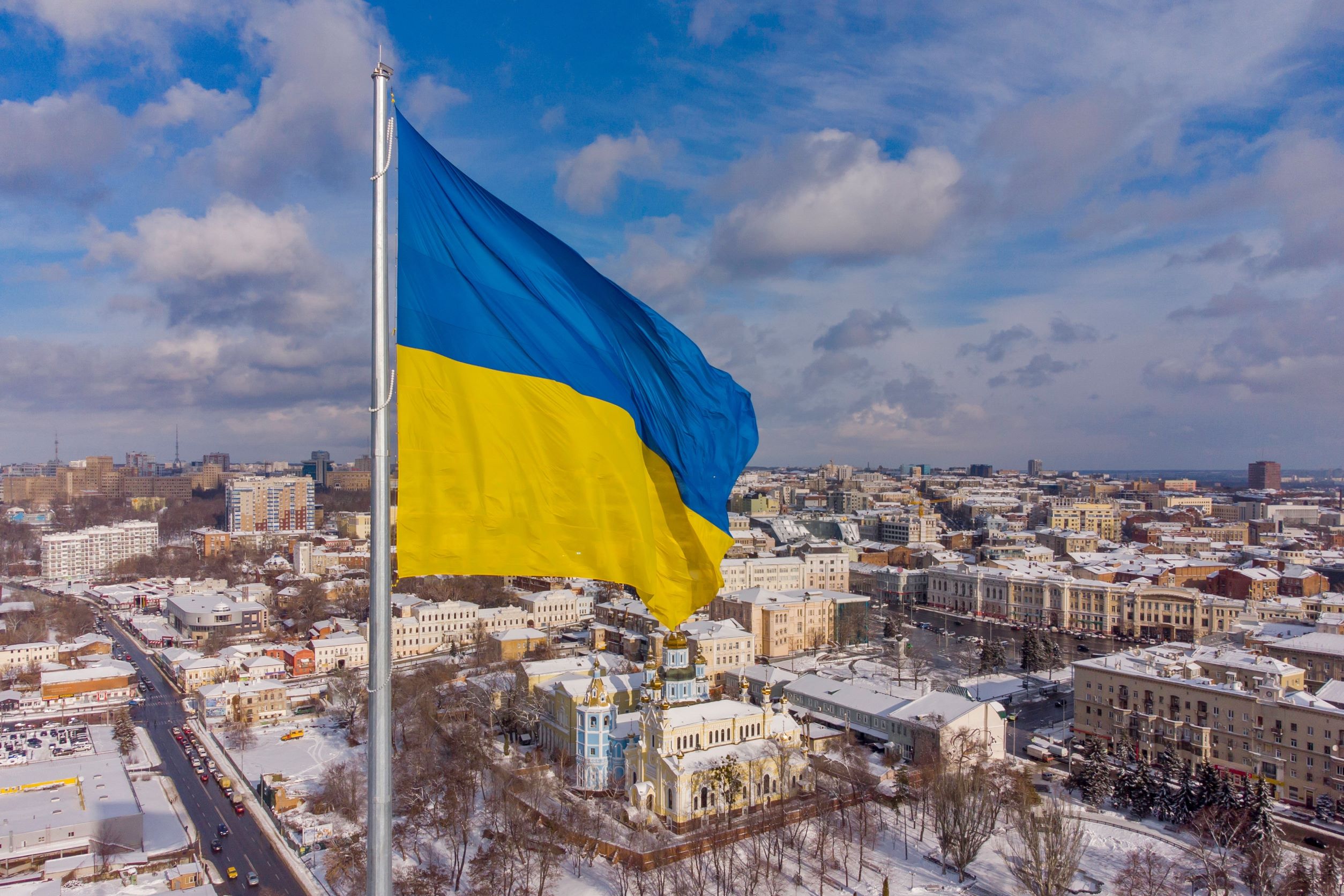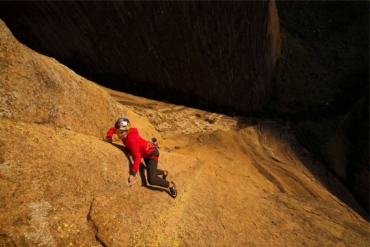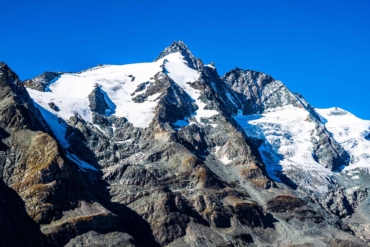The International Climbing and Mountaineering Federation (UIAA) canceled the last two Ice Climbing World Cup stops scheduled to take place in Russia. And the International Federation of Sport Climbing (IFSC) suspended bouldering and speed competitions set for Moscow.
In statements Friday, the climbing organizations’ leadership stated that they dropped the planned events in Russia in response to its invasion of Ukraine. The UIAA Executive Board based its decision on participant safety and nodded to the organization’s integrity.
In a statement, UIAA President Peter Muir said the organization made the decision for the safety of participants and to maintain “the integrity of the UIAA Ice Climbing World Tour.”
“In addition,” Muir continued, “the UIAA Executive Board makes it clear that it condemns in the strongest possible terms any and all use of state or individual violence in pursuit of any aim … such as the current Russian actions against Ukraine.”
Meanwhile, IFSC President Marco Scolaris expressed his group’s support and solidarity for the Ukrainian people. And he called for a prompt end to the violence in the country.
The decisions come on the heels of an International Olympic Committee statement that urged “all International Sports Federations” to relocate or cancel any current or future events planned in Russia or Belarus.
International Climbing Comp Outlook
The IFSC intends to seek a new location for its suspended bouldering and speed climbing events, originally scheduled for April 1 and 3. The UIAA has not announced plans to reschedule the canceled Ice Climbing World Cup stops.
Within the community, climbers are stepping up to aid displaced Ukrainians.
Ukrainian national team climber Illya Bakhmet-Smolensky sought safety in Slovakia and reported on Saturday that he had arrived there. Ever since, the 17-year-old has acted as a conduit for refugee resources, leveraging his climbing connections in several European countries. He’s available via Instagram.
View this post on Instagram
Russian Invasion of Ukraine: Key Points and Current Status
Russian forces invaded Ukraine on Feb. 24 after a monthslong run-up in which they amassed on the former Soviet territory’s borders.

Since then, bombings and firefights have wracked many major Ukrainian cities including the capital, Kyiv. Belarus announced its support of Russia in the conflict, allowing Russian troops to invade Ukraine across its borders.
Monday morning reports indicated that Ukrainian resistance forces slowed the attack enough to allow people out of shelters for the first time since officials imposed a curfew on Saturday.
Also today, The New York Times reported that Belarus hosted the first talks between Russian and Ukrainian officials since the invasion began. According to The Times, Ukrainian President Volodymyr Zelenskyy said he “was not hopeful” that the talks would end hostilities.
Death tolls are unclear, but United Nations estimates are in the hundreds. Meanwhile, over 150,000 Ukrainians have fled their homes or the country.








